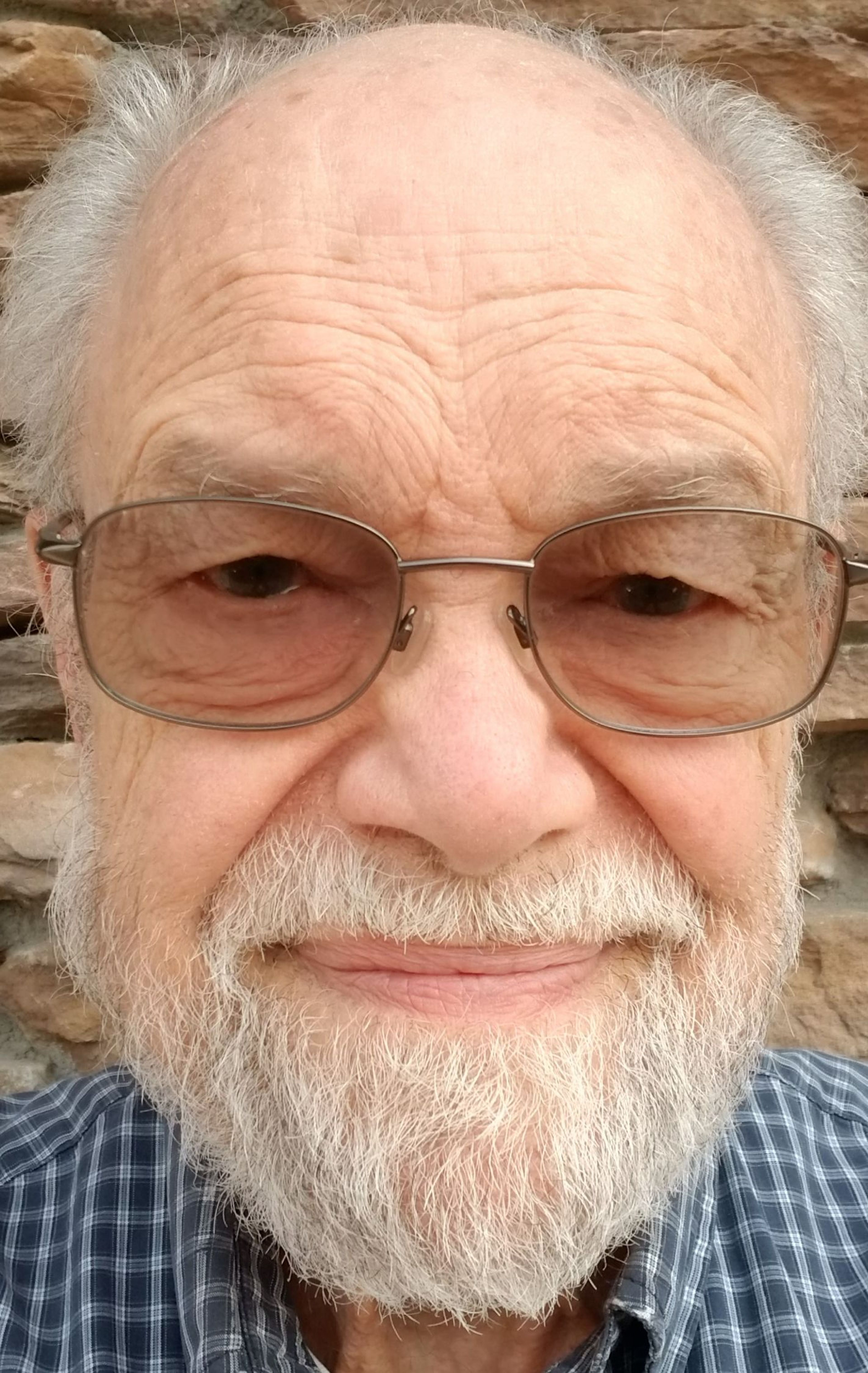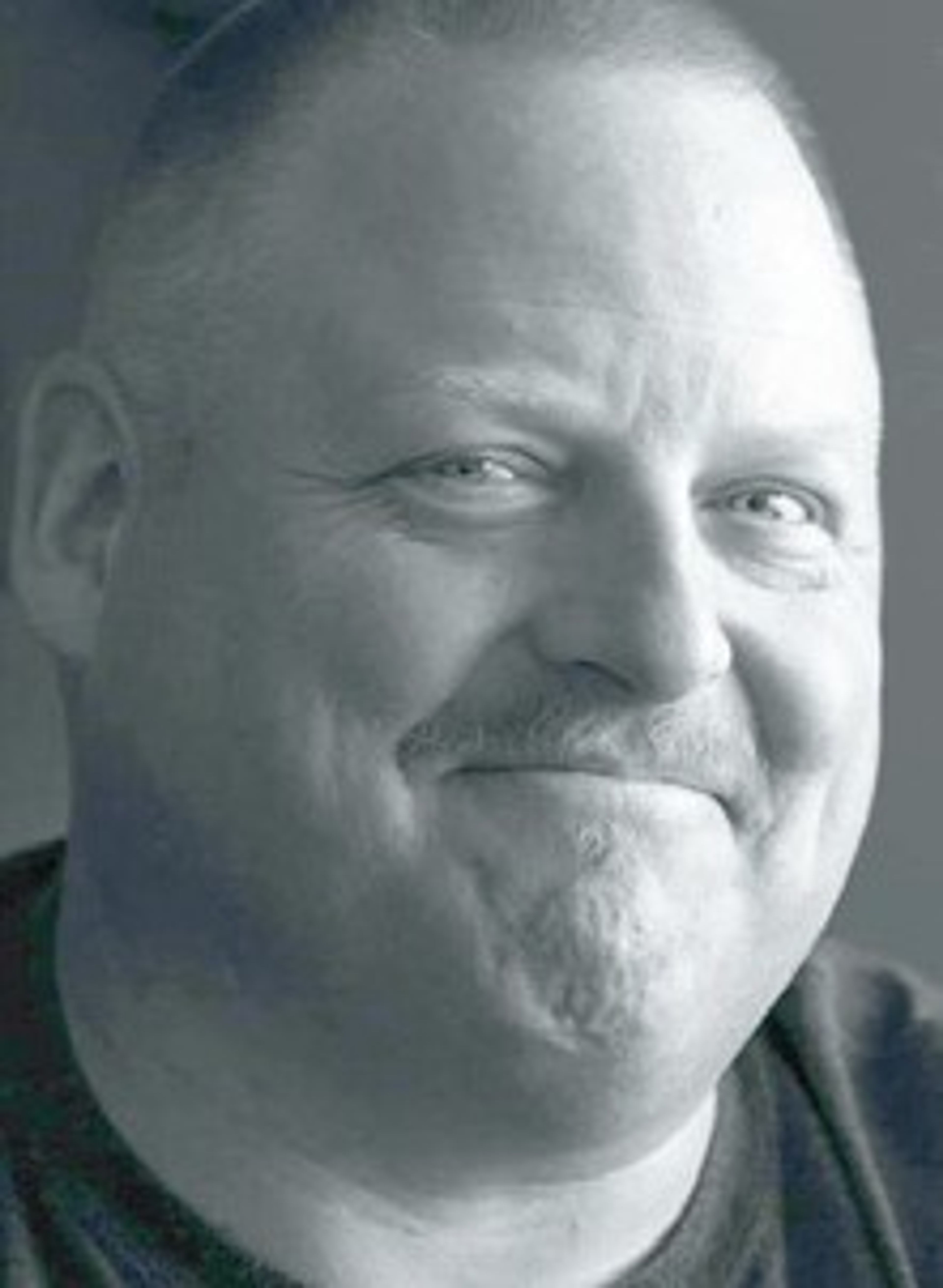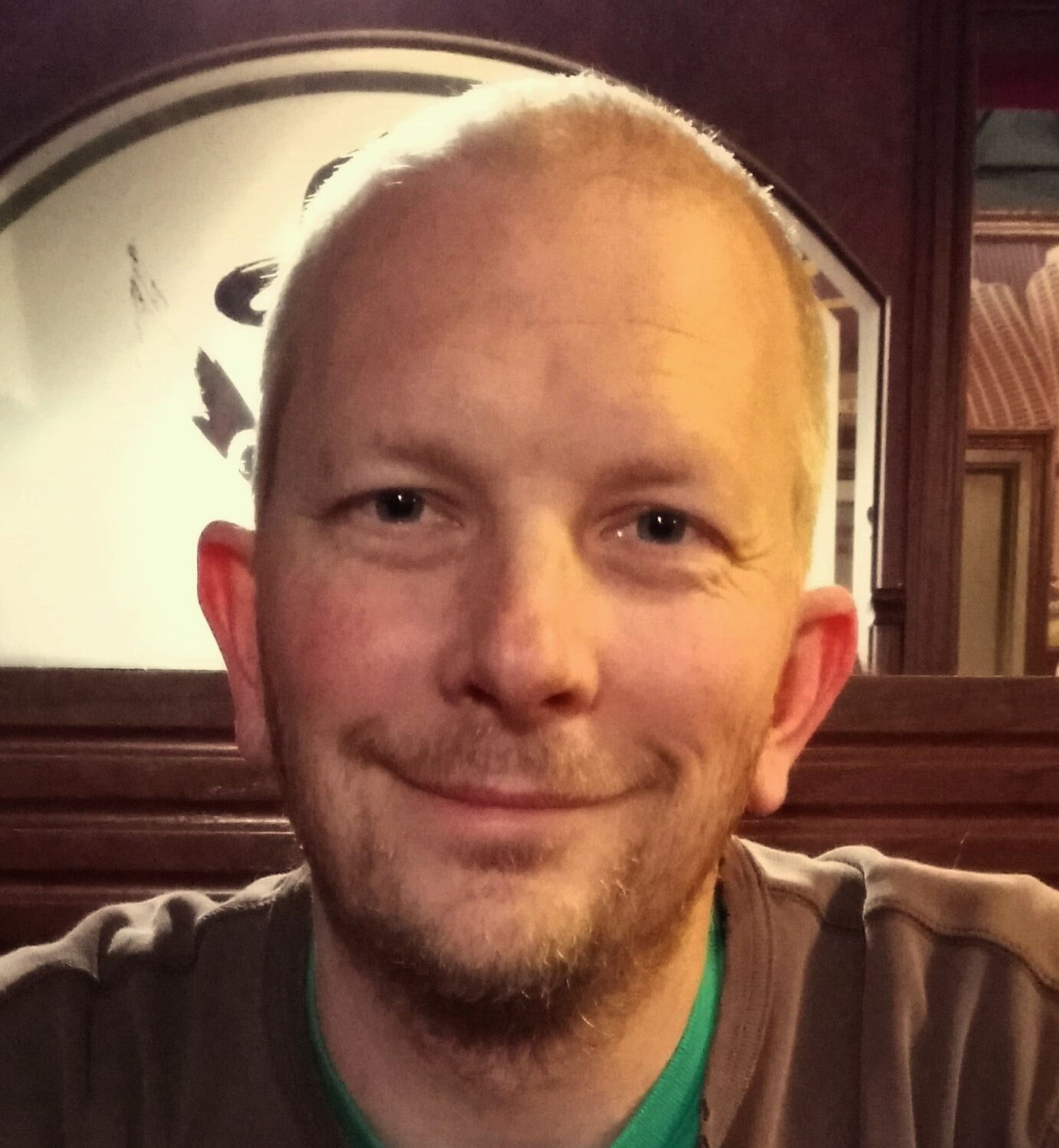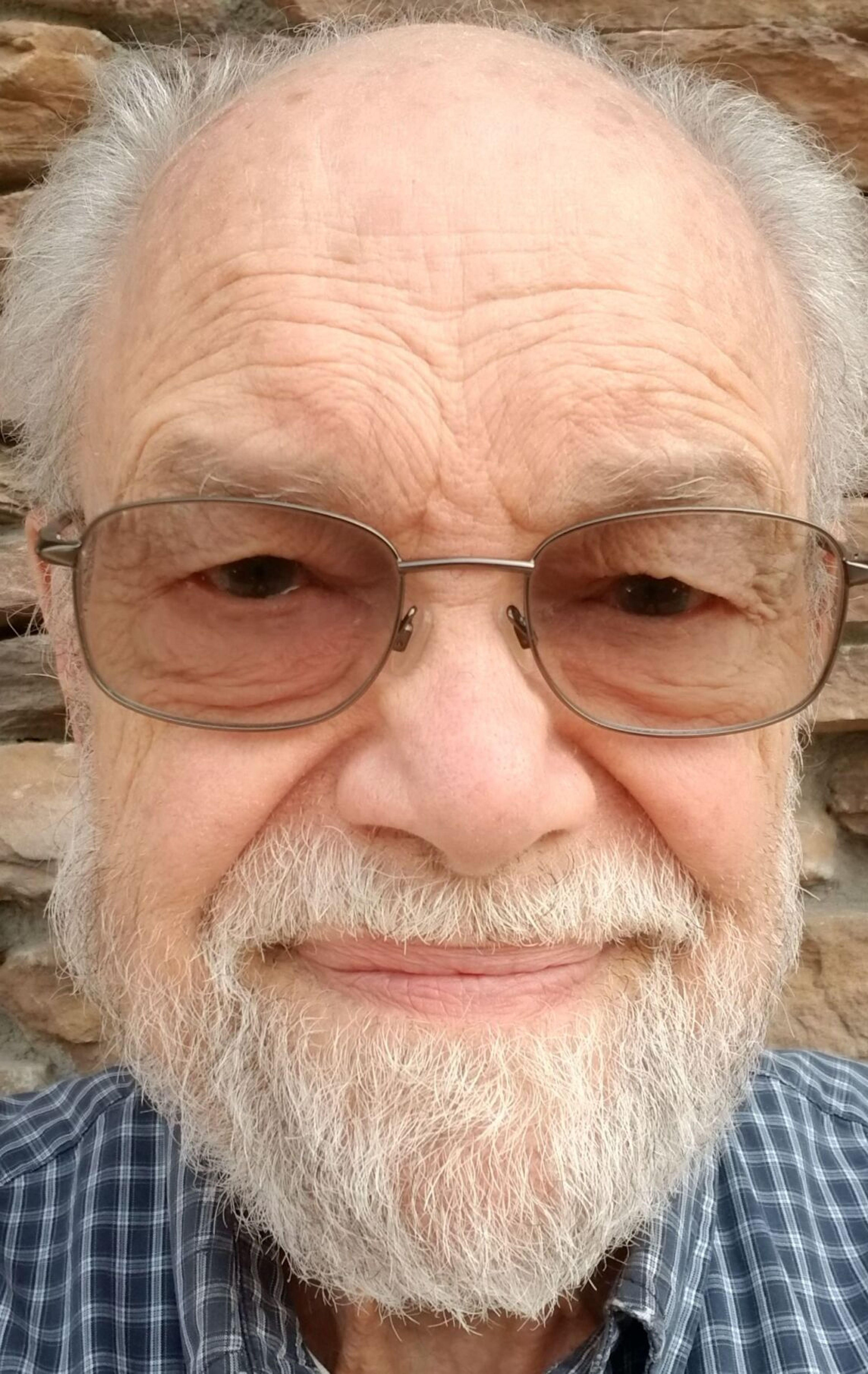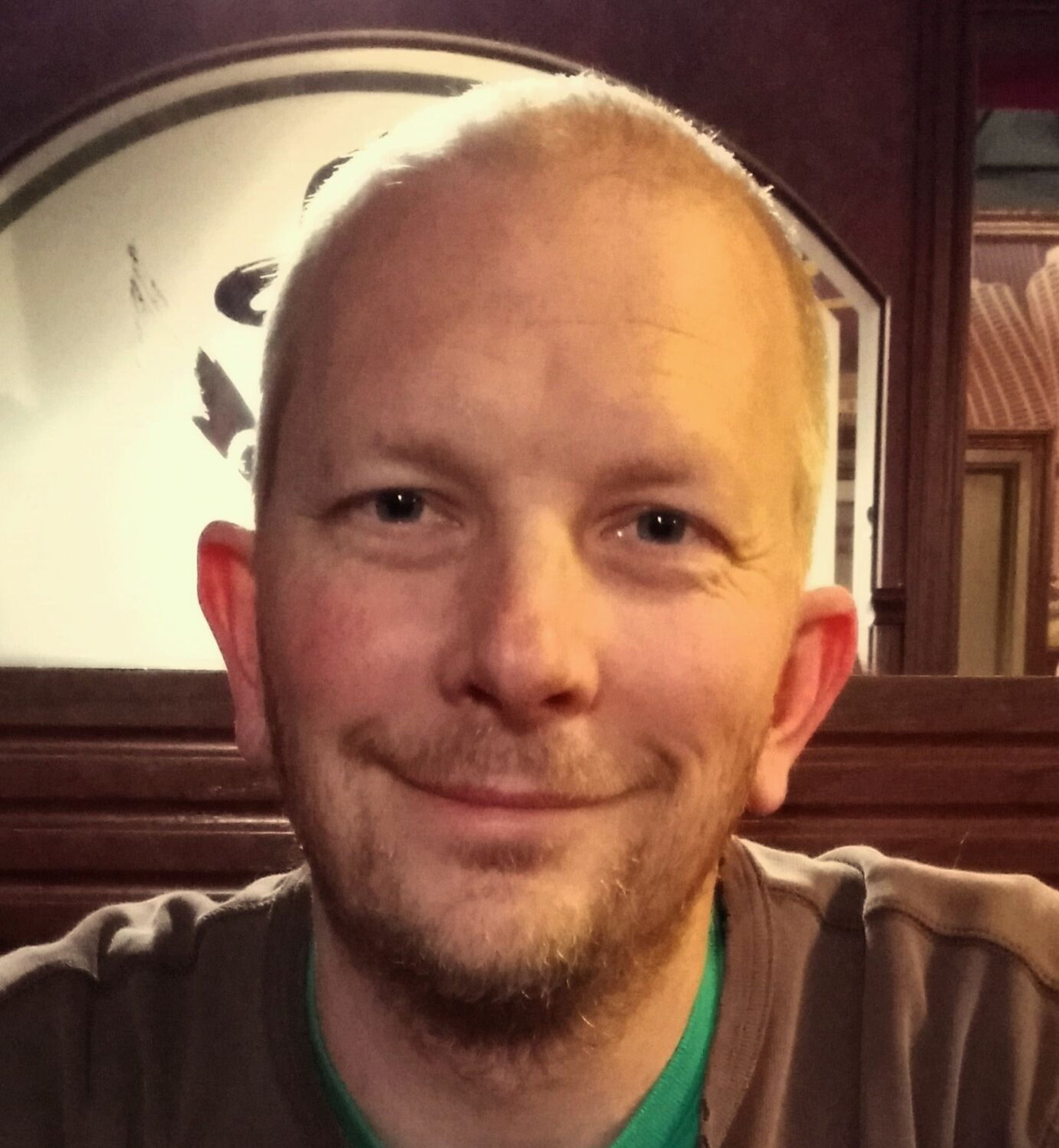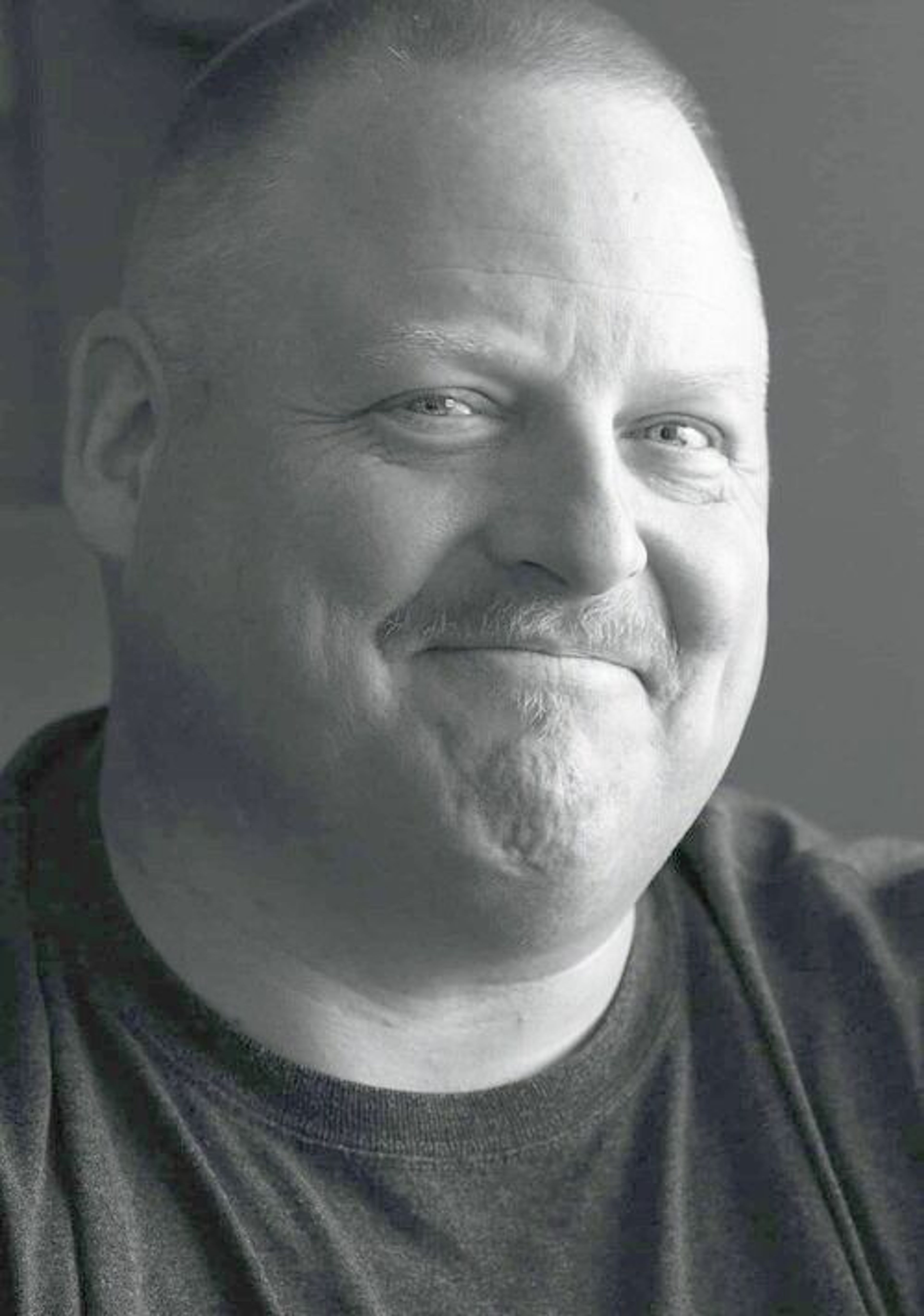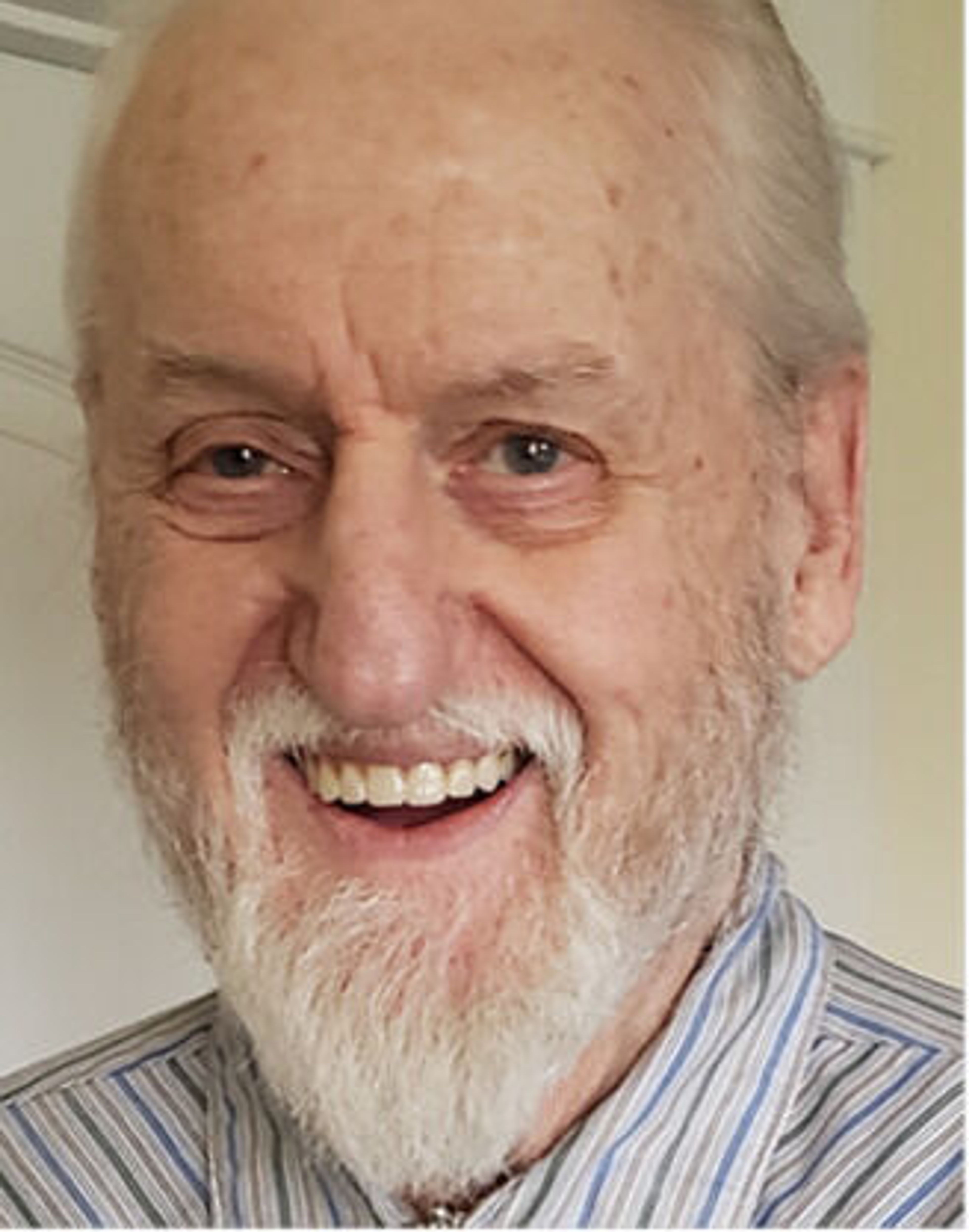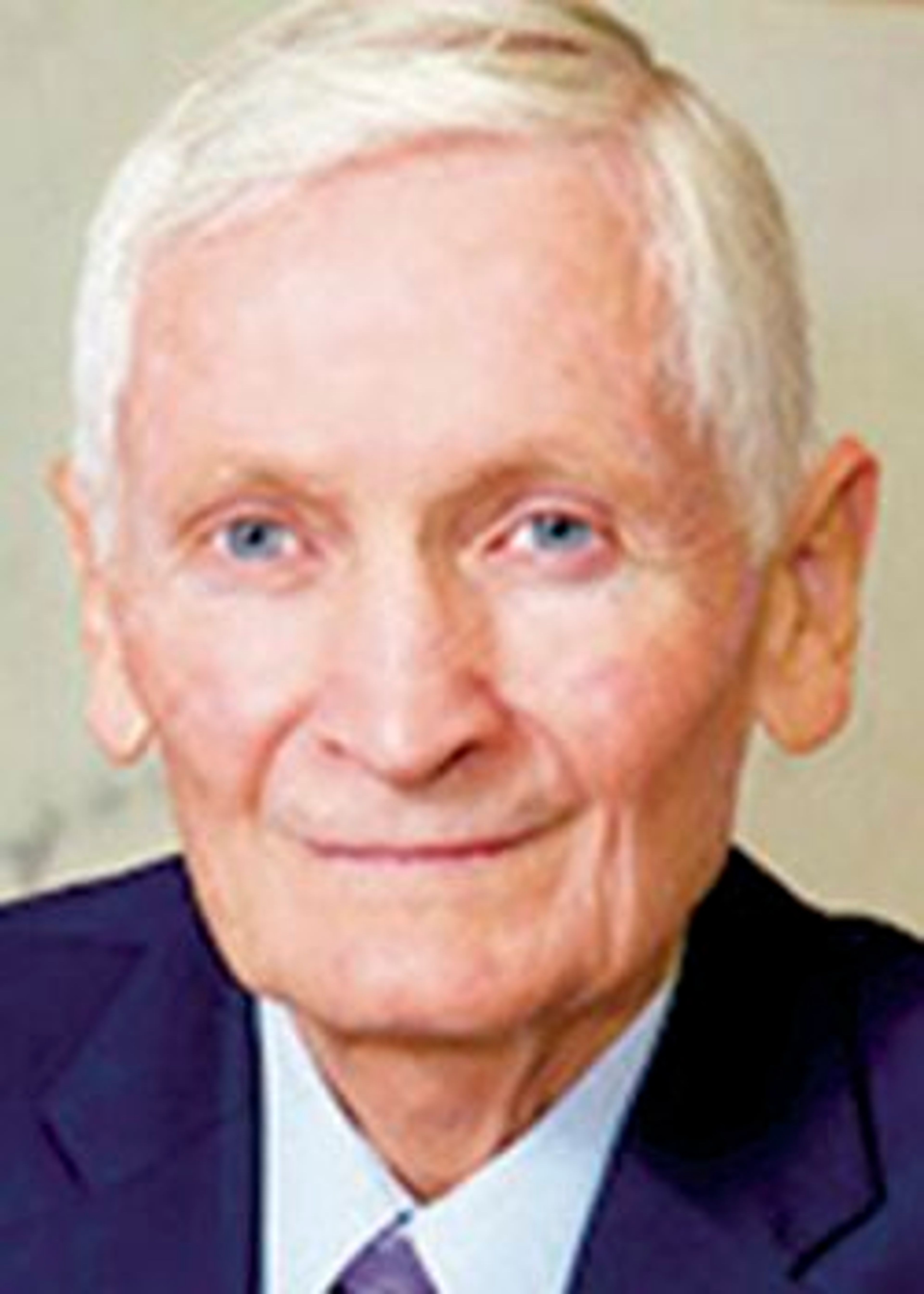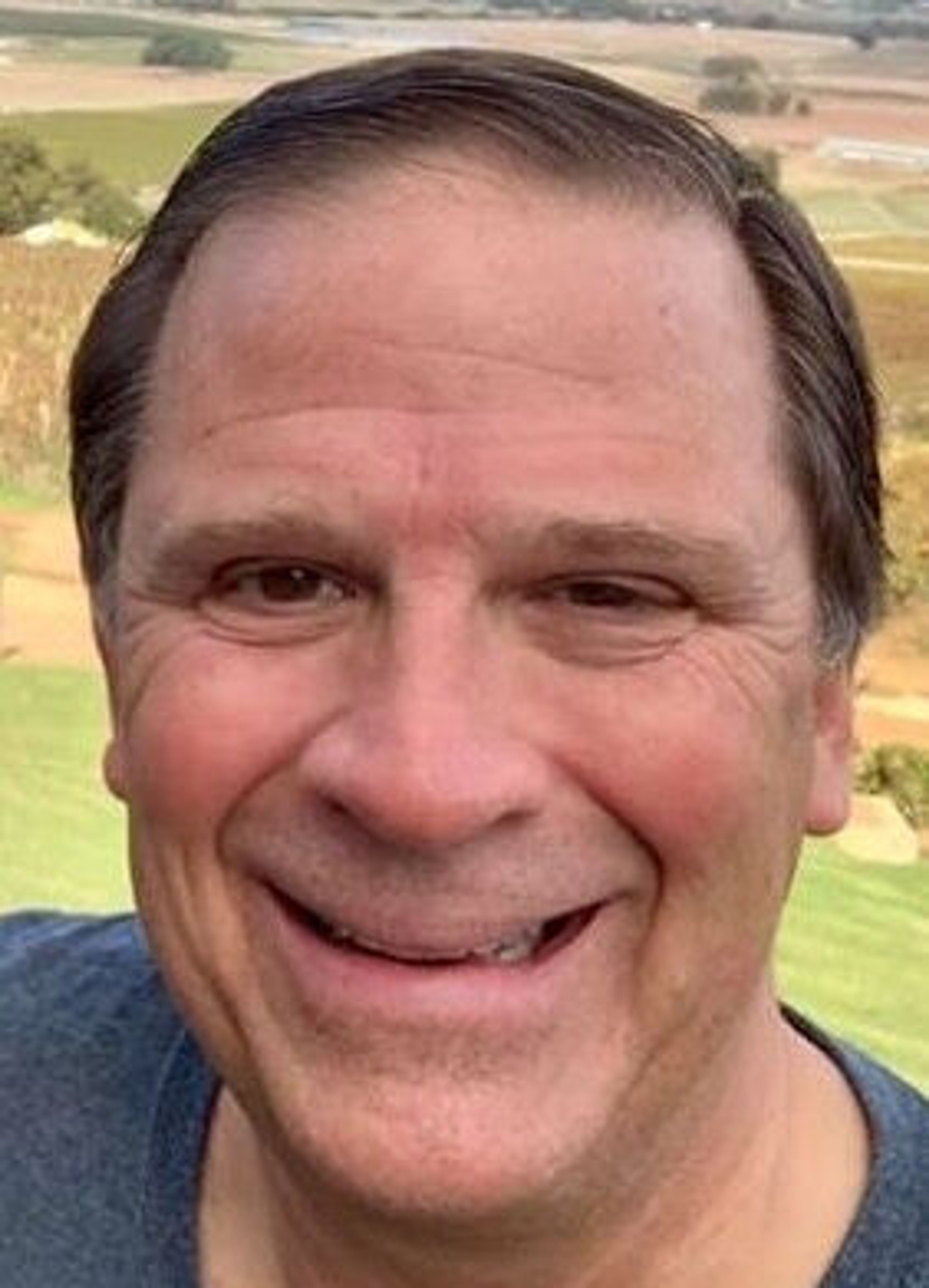“The world isn’t ending, so there’s still much work to do,” says Dr. Hannah Ritchie, who has the facts to support it. In January, Ritchie published “Not the End of the World: How We Can Be the First Generation to Build a Sustainable Planet.” She’s a senior researcher at Oxford and deputy editor at Our World in Data.
Ritchie’s book has attracted widespread media attention, perhaps because of its refreshing perspective. Her articulate, data-based conclusions contrast with contemporary environmental doom and gloom outlooks.
“I grew up with climate change,” the 31-year-old told The Guardian. She was “obsessed with it … worrying about it. … That was all I was studying … environmental metrics were getting worse.” To the BBC she said, “Climate change has always been a part of my life.”
Ritchie credits the late Hans Rosling’s Ted Talks for inspiring her with their focus on human metrics, “where he would show how the world was changing.” He demonstrated, through data, how “human wellbeing metrics … were actually getting better.”
Despite that, “We need to get across a sense of urgency,” Ritchie says, “because there is a lot at stake.” But the message that comes through is, “there’s nothing we can do about it: it’s too late, we’re doomed.” It’s a false message.
Ritchie calls this message “very damaging … because it’s not true.” She cautions that this perspective is “a dream for climate deniers.” They “weaponize poor forecasts.” They say, “Look, you can’t trust the scientists, they’ve got this wrong before, why should we listen to them now?”
When the Guardian challenged Ritchie about capitalism’s influence on climate change, she conceded, “ … there are definitely flaws with capitalism.” But she questions “the notion that we can just dismantle capitalism and build something else. The core reason,” she says, “is time.”
Because we need to act on environmental problems in the next five to 10 years, Ritchie says, it’s not feasible, within that timeframe, to dismantle capitalism and build a new system. “Capitalism does drive innovation,” she adds, “which is what we need to create affordable low-carbon technologies.”
But in a “global survey of young people’s feelings about climate change,” Ritchie told the BBC, half the interviewees believed that “humanity is doomed.” She once believed that way herself. She writes, “I used to be convinced I didn’t have a future left to live for.” Though still worried, “she believes there’s hope humanity can turn things around,” while observing that her optimism is sometimes used against her.
Recognizing the complexity of issues, Ritchie alerts the reader to keep six points in mind while reading her book:
1. We face big and important environmental challenges.
2. The fact that our environmental issues aren’t humanity’s largest existential risk doesn’t mean we shouldn’t work on them.
3. You will have to hold multiple thoughts at the same time.
4. None of this is inevitable, but it is possible.
5. We cannot afford to be complacent.
6. You are not alone in this.
Exploring sustainability, Ritchie observes, “the world has never been sustainable. What we want to achieve has never been done before.” After reviewing definitions of sustainability from many sources, she notes a concerning commonality: “We assume there is an unavoidable trade-off; It’s human well-being or environmental protection.” This assumption suggests we must prioritize one over the other, and for sustainability, “it’s the environment that wins.”
Recognizing that “this trade-off existed in the past,” Ritchie points out, “the central argument throughout this book is that this conflict does not have to exist in our future. There are ways to achieve both at the same time,” she says, “which means there should increasingly be less conflict between the definitions. So, if you still want to adopt an environment-only definition, then think of human flourishing as a nice add-on.”
“We need to make sure,” she writes, “that everyone in the world can live a good life and we need to reduce our environmental impacts so that future generations can flourish too.” That challenge “puts us in uncharted territory.”
Ritchie observes, “No previous generation had the knowledge, technology, political systems, or international cooperation to do both at the same time. We have the opportunity to be the first generation that achieves sustainability. Let’s take it.”
As an ecologist, I find Ritchie’s perspective refreshing and uplifting. Her transformation from teenage pessimist to hard-science optimist mirrors my own struggles throughout decades of involvement with environmental issues. It also supports one of the visionary statements I’ve clung to during my six decades as a Baha’i: “The Earth is but one country, and mankind its citizens.”
Haug and Jolie, his editor and wife of 62 years, consult about these things often. Contact Pete at petes.pen9@gmail.com. His internet posts are at favs.news/author/petehaug.
